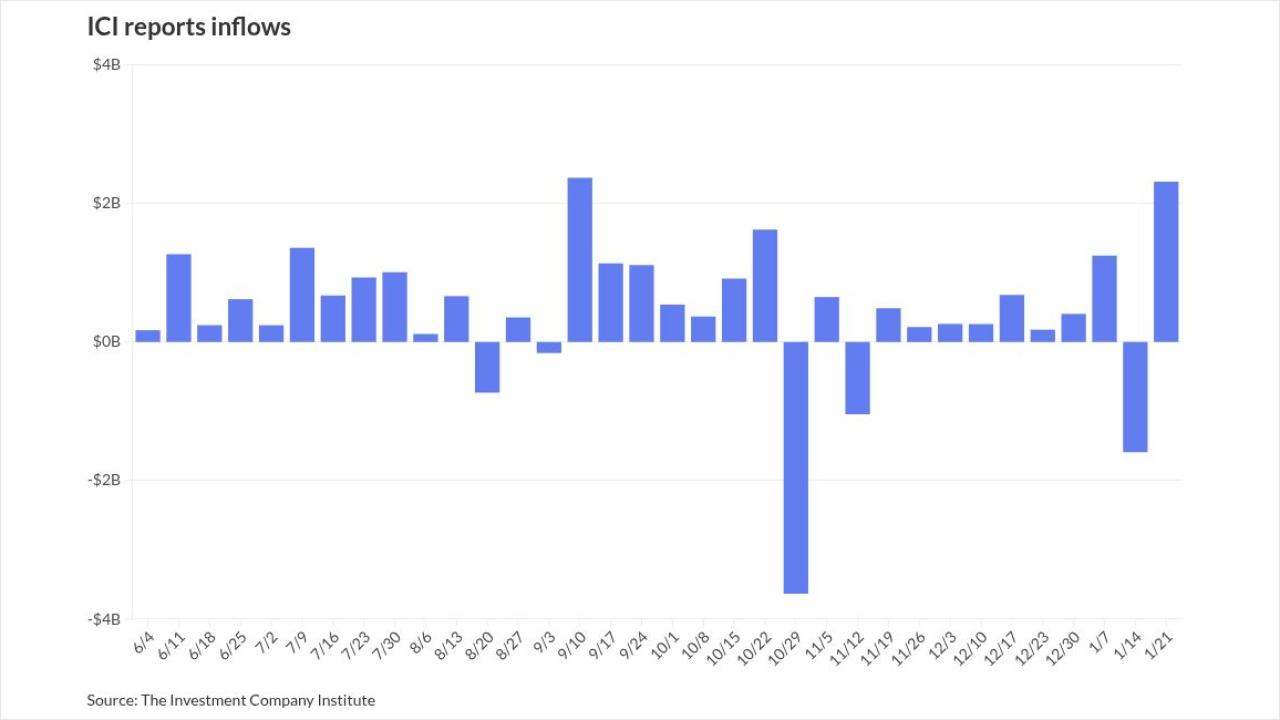
Fixed income thought leaders have a number of concerns about the state of things in Washington.
"Our debt to GDP ratio is going up, and there's no sense of fiscal responsibility from either party," said James Angel, Psaros Center Faculty Associate, Georgetown University.
"It's not good for the short- or long-term health of the United States and if the country is not healthy, our bonds and our bond markets are not going to be healthy."
The comments came during a panel discussion at the Fixed Income Leaders Summit in Washington D.C. on Wednesday.
The budget and the size of the eventual deficit is currently in the hands of the Senate which is working with a self-imposed deadline to solve the problem by July 4.
The "X date," which designates when the country runs out of money is currently expected to arrive in August and would cause the first ever credit default of the United States if it's not addressed.
Moody's Ratings has already hit the warning bell by downgrading the country's credit rating to Aa1 from Aaa in May.
"People can say, 'oh, it's just a technical thing,' but there's a downgrade," said Micah Green, senior counsel at Steptoe. "People aren't worried about that, but they should be, and we'll see how it goes in these next few weeks in terms of reconciliation."
Muni market thought leaders are concerned about what might happen if Congress begins grasping for ways to pay down the deficit by reaching for the tax exemption of municipal bonds, a threat that appears to be waning.
"We're not overly concerned that we're going to lose the exemption overall, or maybe even lose all private activity bonds," said Mike Nicholas CEO, Bond Dealers of America.
There is no mention of killing off the tax exemption in the House's current proposal, but Nicholas recalls two attempts at capping munis at 28% during the Obama administration and the near loss of PABs in 2017, the year when advance refunding died.
The concern comes from a Congress that typically runs the deadline clock to the last second and in an imagined scenario makes a rushed decision.
"The bill's got to be done at midnight, and it's 11:30 and there's four guys in a room and they're short $20 billion," said Nicholas. "You grab a revenue raiser, off the shelf, it doesn't matter what the policy is, and you plug the hole."
In addition to the work-in-progress budget the Trump administration also ushered out the reign of Gary Gensler as the Chairman of the Securities and Exchange Commission.
Many market players considered the SEC to be overstepping its bounds and are now watching the opening moves of his replacement, Paul Atkins.
"I don't see the Atkins having a huge agenda in the fixed income world," said Angel. "They're going to have their hands full with digital assets and dealing with a lot of the Gensler initiatives."
The future role of Environmental, Social, and Governance policies remains in doubt and reports indicate the agency has lost 10% to 15% of their staff, including many senior people through the efforts of the Department of Government Efficiency.
According to Angel, "It's unclear how many commissioners will actually end up being appointed. There are rumors that the current president has no intention of appointing any Democrats."
The five-member commission is designed to be a bipartisan body with no more than three commissioners from any one party. Terms last five years and are staggered so one term expires a year.
Trump has also sparred with Jerome Powell by demanding the Federal Reserve to make interest rate cuts.
"He's calling on the Fed for a full point decrease in rates," said Angel.
"Back in 2020 Powell rolled over and gave Trump what he wanted, allowed the M2 money supply to increase 25% that year. Yes, it was COVID year. But funny thing, the consumer price index is now 25% higher than it was four years ago."





